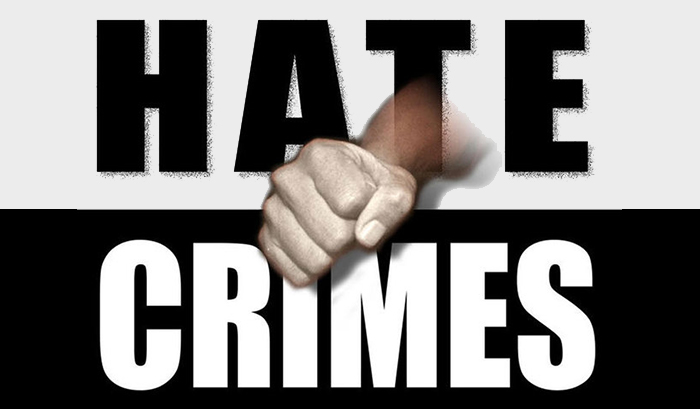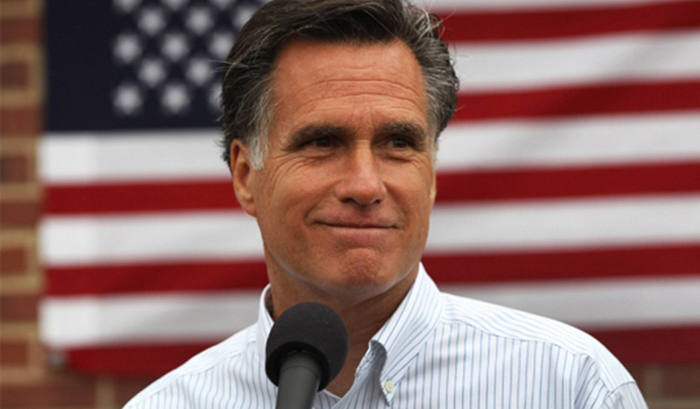[img]1|left|||no_popup[/img]Michael Hiltzik, an otherwise undistinguished business columnist with the Los Angeles Times, is an admitted truth-denier about some of his past writings.
Therein reposes a moral dilemma:
How should a reasonable chap respond when an acknowledged liar, possibly out of sheer loneliness, calls other people liars so he will have company?
His personal proclivity for, shall we say, redirecting the truth, probably should not cost Mr. Hiltzik his chair in an open society. (He wrote under an assumed name, denied at first, but when trapped like a soaking-wet rat, he surrendered.) Were he a tad younger, I would urge his mother to potch him until both hands ached.
Mr. Hiltzik could argue that since Teddy Kennedy went unpunished for drunkenly driving two people into a lake and saving only half of them — heroically choosing himself — what he did was much less serious on a moral scale. He just fibbed. Unlike Killer Ted, Mr. Hiltzik did not take a life.
Look how Teddy Kennedy was iconified for five consecutive days last week.
In his career, Teddy, the industriously practicing drunk, destroyed two lives that we know about, Mary Jo Kopechne’s at Chappaquidick, and Judge Robert Bork’s for the aborted Supreme Court nomination.
Leaving Mr. Hiltzik aside for a moment, our liberal friends, who have manufactured a counter attack for every fatally flawed foible by a left winger, say Teddy should be commended for overcoming his imperfections.
Two Is the Loneliest Number
By golly, Murgatroyd, that kind of beautiful formulation is a cinch to win over my stone-cold soul. How can a rational person disagree with such virginal philosophizing? Destroying two lives falls beneath the threshold for criticism.
Mr. Hiltzik, it should be reported, is having a lousy week.
In his Sunday essay that dirtified Page 2 in the main section of the Times, Mr. Hiltzik evidently intended to illuminate the national debate over healthcare reform by tilting the argument in his unbiased direction.
Headlined “Lies, hysteria, nothing new,” when the delicately etched phrase “obscure Midwestern blowhard” turned up within (Occasionally) Honest Mike’s first hundred words, even a slow-developing child could have told you O.H.M. was not talking about a left-wing operative.
Golly, Murgatroyd, who does that leave? Oh, yes. Our side.
When the phrase “lurid claptrap” surfaced two paragraphs later, I called Diane to fetch my winter boots. I was in danger of drowning, rhetorically.
(Occasionally) Honest Mike agrees with the Obama side on healthcare reform, that the system should be torn down and rebuilt, not selectively repaired. Presently, O.H.M.’s side is losing badly, sliding in popularity faster than Swish Obama’s failing poll numbers, which are falling at a near record pace.
What Is He Saying?
Writing thematically about a scaremongerer from the 1930s whom I never have heard of, and you haven’t either, you did not need any Sherlock Holmes’ clues to tell you Mr. Hiltzik was soberly discussing the outer limits of Republican intelligence.
In the contemporary tradition of liberals, Mr. Hiltzik castigated Republicans as fools and liars for resisting massive healthcare reform, without offering even one small shred of evidence over why he is right and most of the country is wrong.
O.H.M.’s and Swish’s secret weapon is shrillness — the louder you are, the obviously righter you are. Isn’t that what they teach at the University of Left Wing?
It may be that Mr. Hiltzik and Mr. Obama are correct in their presumed panaceas for healthcare in America.
But we may never know unless the President keeps his promise to finally intelligently explain his specific notion of a healthcare reform bill when he addresses Congress on Wednesday night. Specificity, though, never has been Mr. Obama’s strength.
Stubborn and angry gentlemen that both Swish and O.H. M. are, so far they have refused to tell us how they are right and we are wrong. This is a cardinal tenet of the scholarship claim that both make. Fortunately, this does not trouble liberals who keep muttering, “Yes, we can, yes, we can.”
A reasonable student of healthcare reform may therefore conclude that while O.H.M. and Swish are passionate supporters of healthcare reform, darned if they know why. The rhetoric room, therefore, remains bathed in erudite ebony shades.







